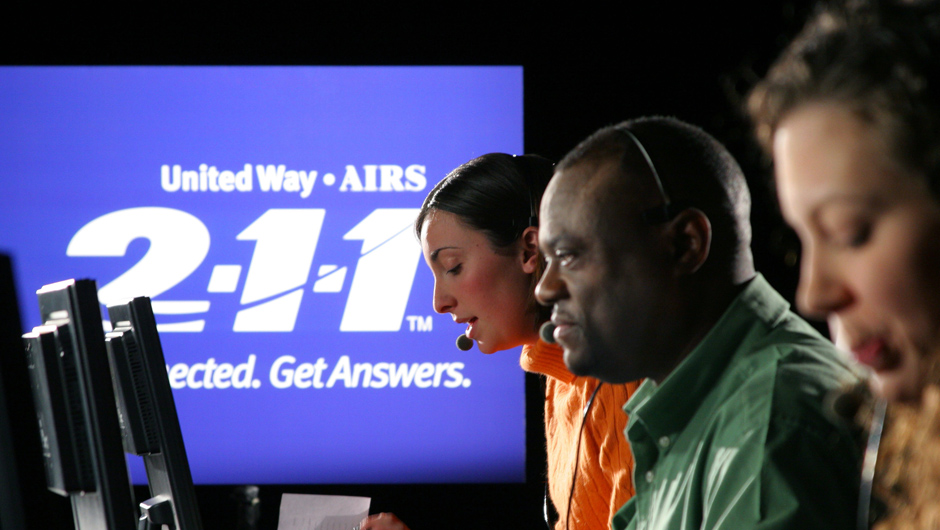When Jan, a single mother of three, learned she finally landed an interview for the job she desperately needs to make ends meet, she immediately leapt into action. She woke up early and walked 2.5 miles to the library to update and print her resume and cover letter. She flat-ironed a borrowed suit and begged her upstairs neighbor to look after the kids.
With an hour to spare before the interview, Jan smoothed her lapel and smiled in the bathroom mirror. She was ready. She dialed her roommate to ask when their shared car would return, and that’s when Jan's plan started to crumble. Her roommate had left town to visit with friends and the car wouldn’t start. She was calling for a tow, and wouldn’t return until hours later, if at all. The bus route was four miles away and Jan's wallet had just ten dollars in cash, not enough for a cab. Her smile faded—the job was slipping away. When the greatest roadblock to employment is transportation itself, people like Jan often feel trapped in an unrelenting cycle.
In Philadelphia, the poorest big city in the nation, identifying those barriers and bridging the gap is critical. In January 2018, the unemployment rate was 6.3 percent, or 40,000 individuals unemployed—an increase of nearly 5,000 people from just one month earlier. And when asked about barriers to finding or keeping a job, 39 percent of people living below poverty levels noted transportation, well ahead of other concerns including childcare and criminal histories, according to a 2016 Community Needs Assessment produced by the Mayor’s Office of Community Empowerment and Opportunity.
That’s why United Way of Greater Philadelphia and Southern New Jersey’s 2-1-1 initiative and Lyft are joining forces to help meet our neighbors where they are. Through an innovative pilot program in partnership with UESF, free Lyft rides will provide eligible 2-1-1 callers from UESF with access to employment resources and job interviews, health care and medical treatment and veterans’ services in Philadelphia. 2-1-1 Resource Specialists will help coordinate round-trip transportation for UESF callers who need access to services to get –and keep–a job, like interviews.
What does this initiative mean for Philadelphia? Following the pilot period, 2-1-1 and Lyft will assess the data, needs and outcomes to determine scale-able approaches for our communities.
2‑1‑1 Southeastern Pennsylvania (SEPA), supported by United Way, is part of the national 2‑1‑1 Call Centers initiative that seeks to provide an easy-to-remember telephone number for finding health and human services– for everyday needs and in crisis situations.
Together with Lyft, we’re driving greater Impact to meet those in need where they are. Stay tuned to learn more about this exciting initiative!
